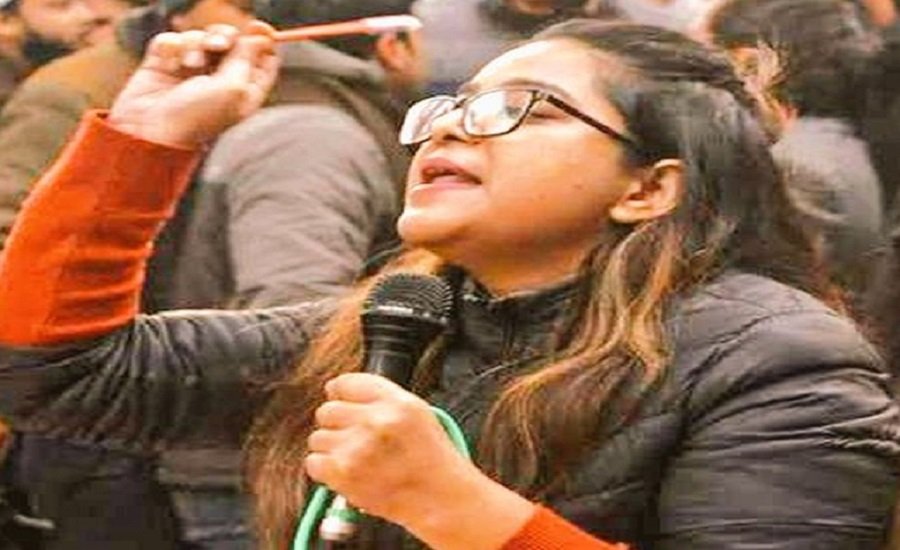
In respect to Safoora Zargar, the report stated: “Several human rights defenders were detained under vague and overly broad national security and anti-terrorism provisions, giving the authorities wide discretion to criminalise their peaceful activities.”
NEW DELHI – The United Nations’ Working Group on Arbitrary Detention (WGAD) in its annual report, has termed the arrest of Christian James Michel in the AugustaWestland VVIP helicopter deal and anti-CAA activist Safoora Zargar by Indian authorities as arbitrary.
“No actions were taken by the Government of India to release Mr Michel. He is risking his life in light of the Covid-19 outbreak,” WGAD, which investigates arbitrary arrests and detentions around the world, said in its report submitted to the Human Rights Council on Tuesday.
While Michel, the alleged middleman in the Rs 3,600-crore Choppergate scandal was extradited to India from Dubai in 2018 and has been in custody since then, Zargar, a Jamia Millia research scholar, who was pregnant at the time, was arrested in connection with the anti-CAA protest followed by riots in the northeast region of Delhi. The 28-year-old was arrested under the draconian Unlawful Activities Prevention Act (UAPA).
The report found Michel’s arrest by the UAE arbitrary under categories I & III and category I for India, whereas Safoora Zargar’s detention was found arbitrary under categories I, II and V.
The report further mentioned that during the period from January 1 to December 31, 2020, the Working Group sent 55 urgent appeals to 27 governments and 150 allegation letters and other letters to 62 governments and, in two cases, to other actors, concerning at least 651 identified individuals. India was mentioned in the list of countries concerned by urgent appeals and letters of the allegation, under which it was given that India was given five allegation letters along with one other letter.
“During the reporting period, the Working Group noted a pattern in cases brought under the regular communications procedure as well as under the urgent communications procedure involving attempts to forcibly remove, extradite or deport an individual from one state to another, effectively circumventing the extradition process required by the rule of law and safeguards against arbitrary detention,” a point made in reference to Christian Michel’s case read, adding that the victim “…have been subjected to extensive interrogations and forced to sign documents…”
In respect to Safoora Zargar, the report stated: “Several human rights defenders were detained under vague and overly broad national security and anti-terrorism provisions, giving the authorities wide discretion to criminalise their peaceful activities.”
The right to participate in public affairs is provided for in article 21 of the Universal Declaration of Human Rights and article 25 of the Covenant. These rights are furthered by the rights to freedom of expression, peaceful assembly and association under articles 19 and 20 of the Universal Declaration of Human Rights and articles 19, 21 and 22 of the Covenant. In this regard, the Working Group recalls that criticism of the government is permissible in a democratic society and protected by the freedom of opinion and expression.
The Working Group also noted that such cases have involved denial of the right to legal counsel, which is procedurally inherent in the right to liberty and security of person and the right to prohibition of arbitrary detention, in violation of articles under universal declaration of human rights and covenant, as well as principles of the body of principles for the protection of all persons under any form of detention or imprisonment and principles of the basic principles on the role of lawyers.
This report came at a time when due to the Covid-19 pandemic, the working group was unable to conduct country visits during the reporting period. -IANS

